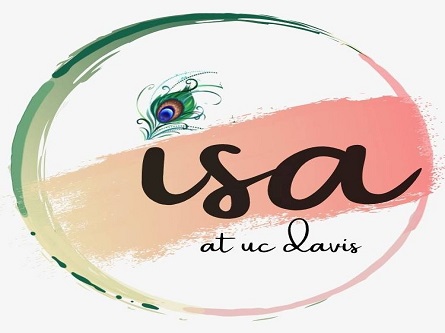By Anisha De and Tanisha Mahesh Iyer
Indian Student Association at UC Davis
Holi is a Hindu festival that celebrates the triumph of good over evil. Known as the festival of colors, its celebration can be considered an initiation of spring and new beginnings. It encourages people to start fresh by dancing the night away and partying with good friends and family. A celebration dating back to 4 BCE does, however, have a lot of history behind it.
Why is Holi celebrated?
While there are many stories tied to Holi and why it is celebrated, the most popular one involves the story of King Hiranyakashipu and Lord Vishnu. King Hiranyakashipu was granted a boon, or a wish, from Lord Brahma after repenting for his sins, and so he wished for immortality. After being granted his wish, Hiranyakashipu began his reign of terror and demanded his subjects to worship him as their god since he was immortal. However, his son, Prahlada, remained a devotee of Lord Vishnu, whom King Hiranyakashipu despised for killing his evil younger brother. Determined to make sure that his kingdom was full of only his devotees, King Hiranyakashipu tried to have his son killed in every way he could. One included having his son sit on a pyre. Hiranyakashipu asked his sister, Holika, to lure Prahlada on to the pyre and burn him alive because she was immune to fire. But once Holika had Prahlada on her lap, he started reciting the mantras of Lord Vishnu, protecting him from the fire. Holika, on the other hand, was consumed by the fire and died. That night is now called Holika Dahan.
How is Holi celebrated?
The night before the festival, a bonfire is lit to symbolize the burning away of all the bad and embrace a vibrant, hopeful future. Not only that, but this bonfire celebrates the burning of Holika. During the actual celebration, participants throw colored dye at each other, even using water balloons and water guns for an extra twist. The colors are usually bright to represent spring, but also to represent a brighter and more vibrant future. Washing off the dye at the end of the day represents the cleansing of evil or negative energies. Ultimately, the highlight of the day is the huge celebration of throwing colored powder at friends and family.
Where do people usually celebrate Holi?
Holi is primarily celebrated in India and Nepal, in major cities such as Delhi, Agra, Jaipur, and Kathmandu. Today, the festival of Holi has spread to many other countries around the world with large South Asian communities.
Can I play Holi too?
Yes! ISA and Project RISHI at UC Davis are having a Holi event on
April 2nd, 2023 at the Hutchinson IM Field. Tickets on sale now!





